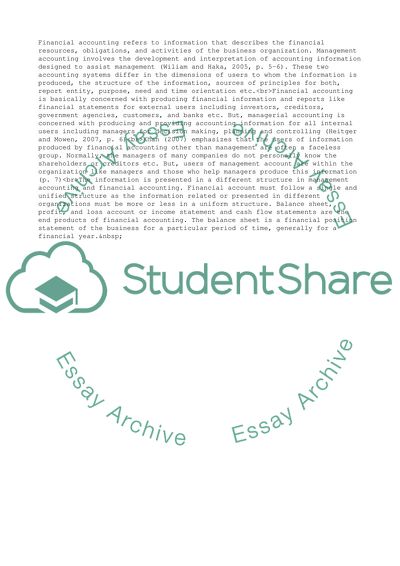Cite this document
(“Changes in Accounting Due to Globalization Assignment”, n.d.)
Changes in Accounting Due to Globalization Assignment. Retrieved from https://studentshare.org/management/1562369-what-influence-does-globalization-of-business-have-on-accountancy-practices
Changes in Accounting Due to Globalization Assignment. Retrieved from https://studentshare.org/management/1562369-what-influence-does-globalization-of-business-have-on-accountancy-practices
(Changes in Accounting Due to Globalization Assignment)
Changes in Accounting Due to Globalization Assignment. https://studentshare.org/management/1562369-what-influence-does-globalization-of-business-have-on-accountancy-practices.
Changes in Accounting Due to Globalization Assignment. https://studentshare.org/management/1562369-what-influence-does-globalization-of-business-have-on-accountancy-practices.
“Changes in Accounting Due to Globalization Assignment”, n.d. https://studentshare.org/management/1562369-what-influence-does-globalization-of-business-have-on-accountancy-practices.


